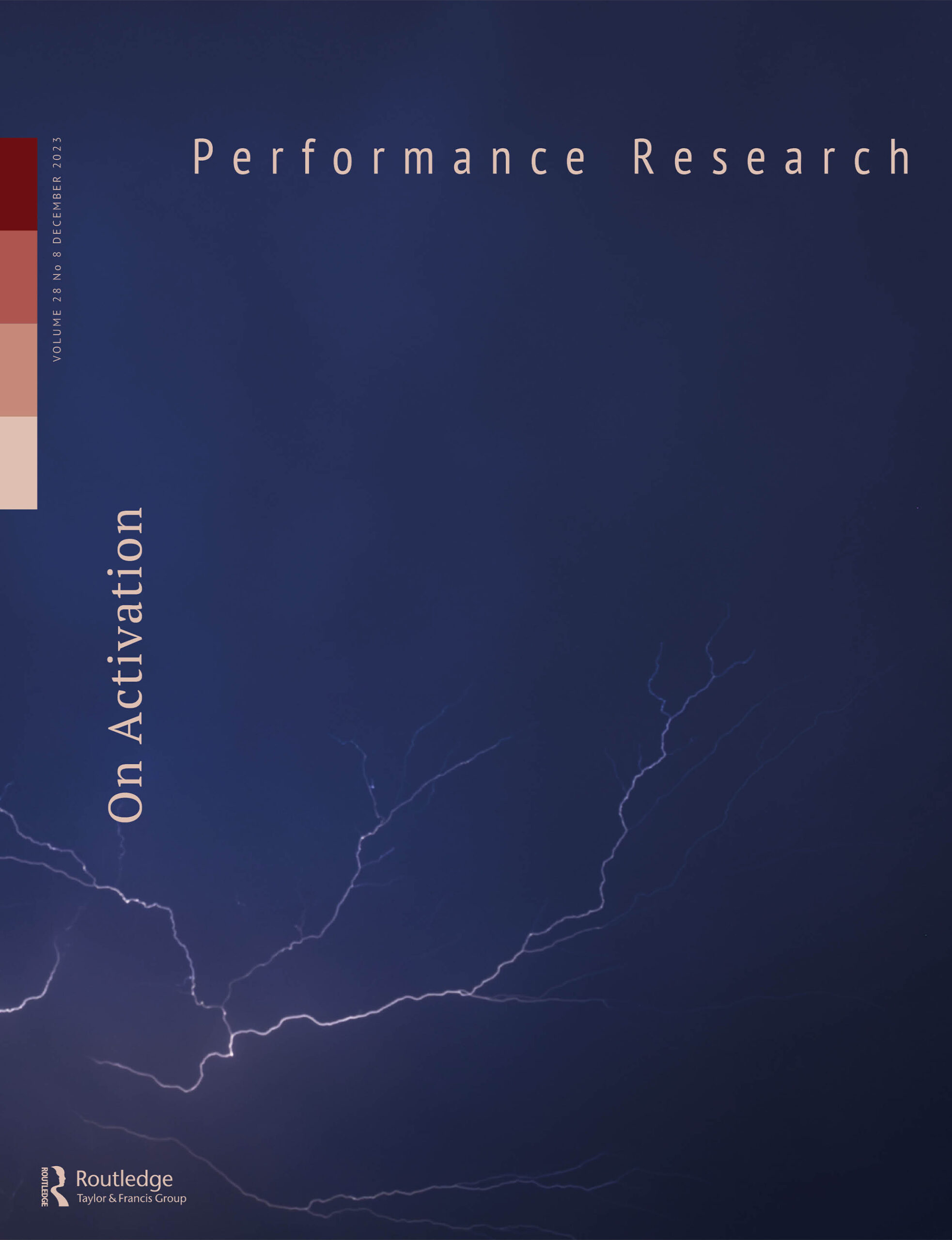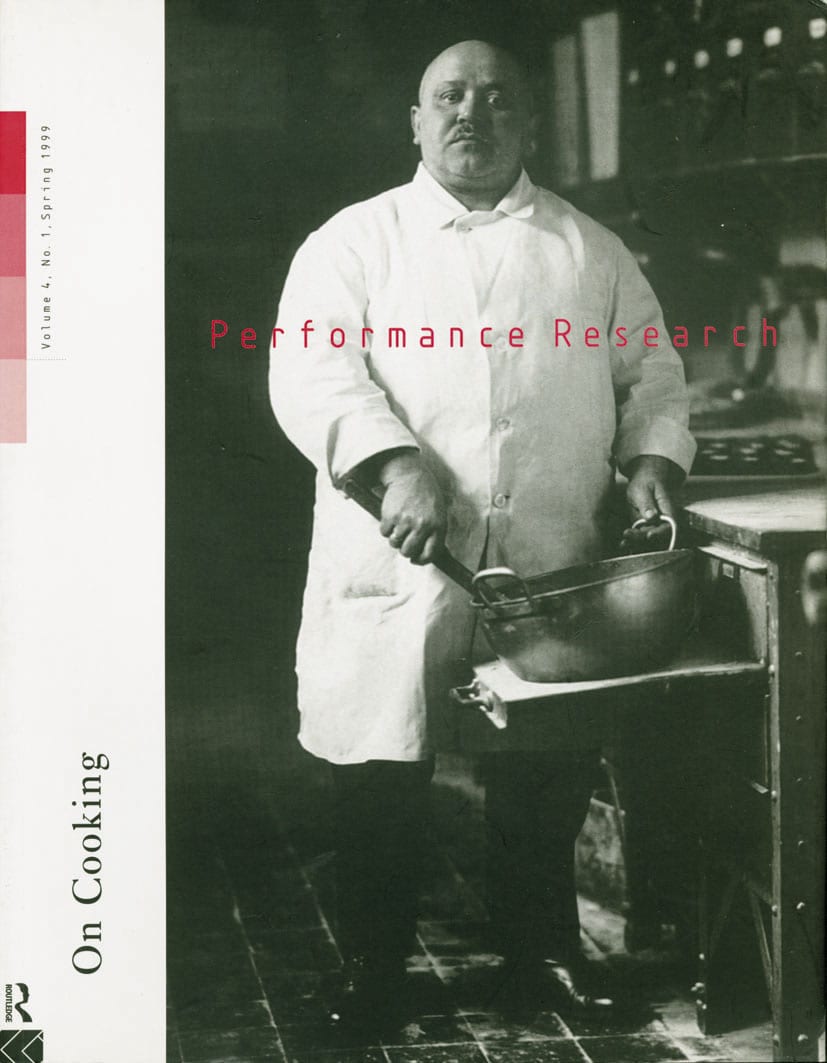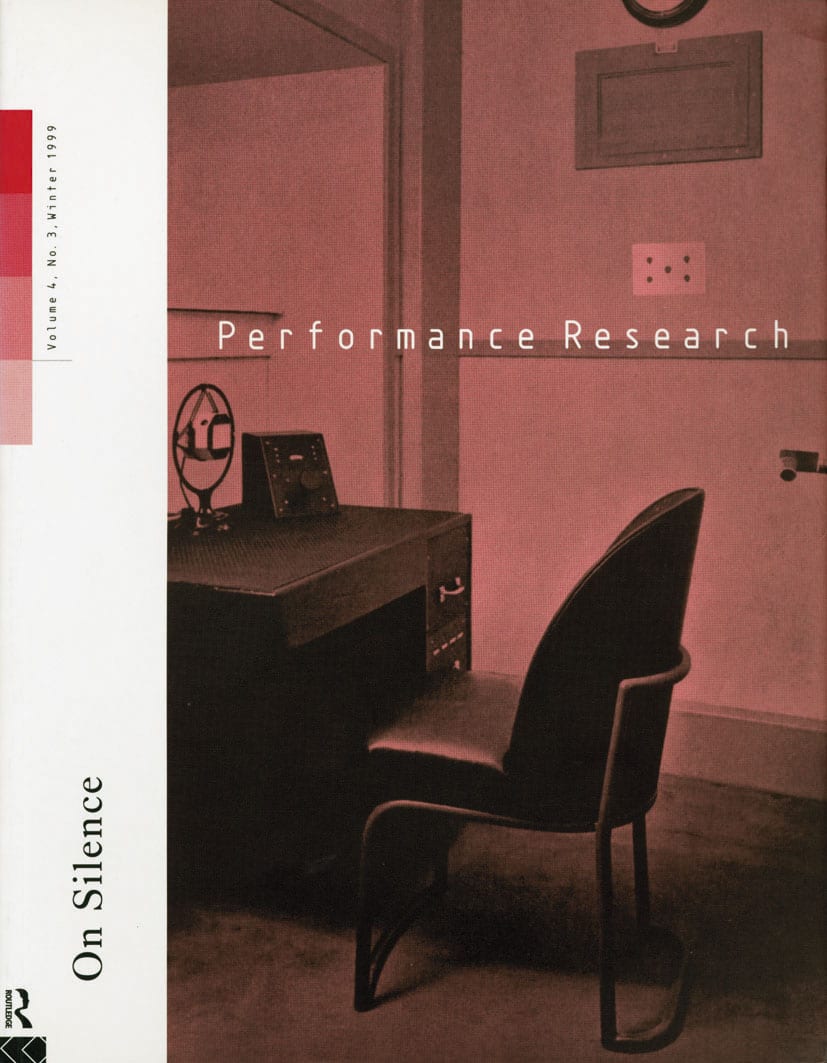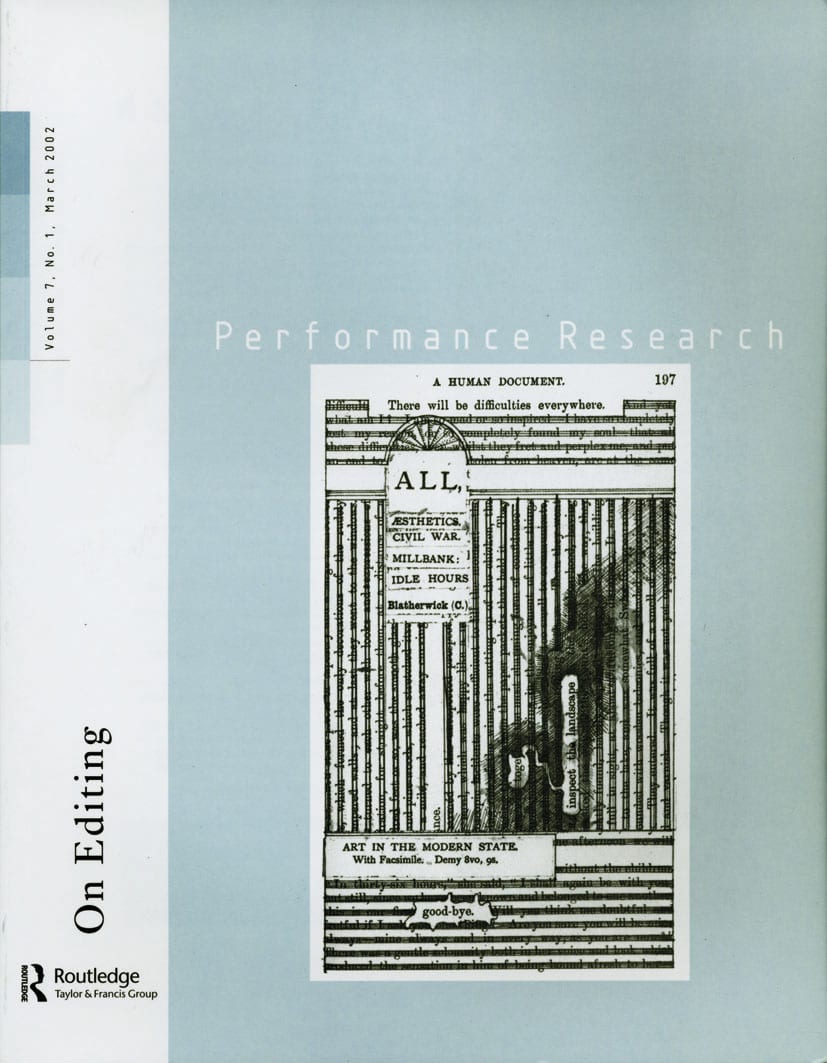Description
This thematic issue interrogates how art and performance can (re-)activate ‘beginnings’ without defaulting to the erasure of history. Behind each fresh start or spark of discovery, there is a long tradition of effort, search, craft and knowledge production. Activist movements build on repertoires of undoing and exiting the dominant imperialist, colonialist, capitalist, sexist, body-typical and neurotypical ideologies and practices. What does it take to activate a new beginning from within the extant decolonial or queer potentialities? How may new bonds between human and more-than-human actors emerge? How can artists collaborate with institutions to act on collective life but circumvent the limitations of authoritative bureaucracy? How does performance activate the past and the future in the present? What methods, epistemologies and aesthetics would be fit for this task?
READ THE EDITORIAL AND ABSTRACTS ONLINE
1 On Activation: Some preliminary notes on weaving
a thematic issue together
CHRISTEL STALPAERT
14 Remembering Differently: Activating legacies of violence in
the Southern US through soil
SHALON T. WEBBER-HEFFERNAN
24 Unpacking and Enveloping: Béatrice Balcou activating the
fragile, the intimate and the vulnerable
LEONIE PERSYN
34 Walking (to) Greenham, Again: Activating feminist heritage
ALEXANDRA KOKOLI
46 Performative Scores for More-Than-Human Swamp
Becomings
NINA VURDELJA
52 Recipes for (un)learning to (re)member: Ripples, responses,
responsibilities
THE (DE)COLLECTIVE
56 Activation in the Moment of Pausing or Slowing: Queer
potentiality in the timeframe of performance/making
JODIE ALLINSON
64 The Queer Archive as Promiscuous Ethics of Care:
(Re-)activating transcestor kinship structures in Travis
Alabanza’s Burgerz and Tranz Talkz
ELISABETH MASSANA
74 ‘I Have the Need to Never Arrive’: A dialogue with Cherish
Menzo
EYLÜL FIDAN AKINCI, ROBERTA DA SOLLER AND JONAS
RUTGEERTS
85 Limit(less): A choreographic score for human and robot
MATHIAS HAUAN ARBO AND KAROLINA BIESZCZADSTIE
89 Activations of the Threshold: Rhythms of radical alienness
in Aravindan’s Thampu
AMEET PARAMESWARAN
98 What Must Be Re-Imagined: Activating through crosstemporal
revisitations – Milo Rau’s General Assembly (2017,
2019 and 2024)
LILY MAEVE CLIMENHAGA AND KASIA WOJCIK
109 Breathing out of the University, and into many Schools:
Storying abolition as a way of activation
JOACHIM BEN YAKOUB
……………………………………………………………………………………
REVIEWS
120 Beginning with Love
AKAE WRIGHT
121 Political Repertoires of Collective Assemblies
RASHI MISHRA
123 A Replica of a Replica: Memory, trauma and monumental
repair
STEPHEN GREER
……………………………………………………………………………………
125 Notes on Contributors





